"Kosovo's European future uncertain"
Kosovo’s European future is currently a long way off due to serious hurdles, a conference of experts at the U.S. Institute of Peace in Washington concluded.
Friday, 18.09.2009.
12:07

Kosovo’s European future is currently a long way off due to serious hurdles, a conference of experts at the U.S. Institute of Peace in Washington concluded. "At the EU summit in Thessaloniki six years ago, it was stated that all the states of the Western Balkans would one day become Union members, Kosovo included," said former UNMIK Chief Soren Jessen Petersen, Voice of America reports. "Kosovo's European future uncertain" “Is Kosovo a European state? I think the answer is very simple—you just need to look at a map. Does Europe have a future? I think that’s also clear. And the very fact that the EU is present in Kosovo is a clear message that the Union wants to see Kosovo in Europe,“ Petersen said. The former UNMIK chief said he supported Serbia’s accelerated EU integration. “Serbia in Europe, in peace with itself and its neighbors. It’s the key to the region’s stability and economic prosperity. At the same time, I think the EU should conclude some kind of official agreement with Serbia that it mustn’t block Kosovo’s integration process if it becomes an EU member,“ he stressed. He said that Kosovo could expect a faster integration process, since, unlike the other Western Balkan states, it had ten years of experience working with the EU. Daniel Serwer from the U.S. Institute of Peace did not, however, share Petersen’s optimism. “For Kosovo to successfully integrate into the EU, at least four governance structures need to be addressed, because Brussels doesn’t accept members that need EULEX, UNMIK, parallel institutions and the International Civil Office,“ said Serwer. For that to happen, he said, serious efforts had to be made in combating corruption and ensuring just treatment of the Serb and other minorities. Anxhelushe Morina from the Kosovo Stability Initiative, however, stressed that it was virtually impossible for Kosovo to have a contractual relationship with the EU given that five EU members did not recognize its unilateral independence. Nor is Kosovo mentioned when it comes to the visa liberalization process. Morina added that anti-European views were becoming increasingly widespread in Kosovo. “Currently, the opinion that Kosovo is receiving different treatment from the other countries in the region, particularly Serbia, is becoming increasingly popular. The impression is that it’s being granted accelerated integration, while Kosovo is being blocked because of the position of the five member-states and cannot move forward,“ she said. Soren Jessen Petersen (FoNet, archive)
"Kosovo's European future uncertain"
“Is Kosovo a European state? I think the answer is very simple—you just need to look at a map. Does Europe have a future? I think that’s also clear. And the very fact that the EU is present in Kosovo is a clear message that the Union wants to see Kosovo in Europe,“ Petersen said.The former UNMIK chief said he supported Serbia’s accelerated EU integration. “Serbia in Europe, in peace with itself and its neighbors. It’s the key to the region’s stability and economic prosperity. At the same time, I think the EU should conclude some kind of official agreement with Serbia that it mustn’t block Kosovo’s integration process if it becomes an EU member,“ he stressed.
He said that Kosovo could expect a faster integration process, since, unlike the other Western Balkan states, it had ten years of experience working with the EU.
Daniel Serwer from the U.S. Institute of Peace did not, however, share Petersen’s optimism.
“For Kosovo to successfully integrate into the EU, at least four governance structures need to be addressed, because Brussels doesn’t accept members that need EULEX, UNMIK, parallel institutions and the International Civil Office,“ said Serwer.
For that to happen, he said, serious efforts had to be made in combating corruption and ensuring just treatment of the Serb and other minorities.
Anxhelushe Morina from the Kosovo Stability Initiative, however, stressed that it was virtually impossible for Kosovo to have a contractual relationship with the EU given that five EU members did not recognize its unilateral independence. Nor is Kosovo mentioned when it comes to the visa liberalization process.
Morina added that anti-European views were becoming increasingly widespread in Kosovo.
“Currently, the opinion that Kosovo is receiving different treatment from the other countries in the region, particularly Serbia, is becoming increasingly popular. The impression is that it’s being granted accelerated integration, while Kosovo is being blocked because of the position of the five member-states and cannot move forward,“ she said.










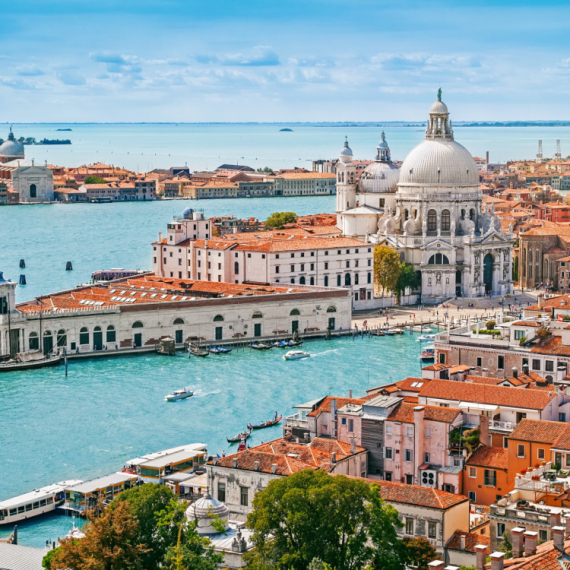


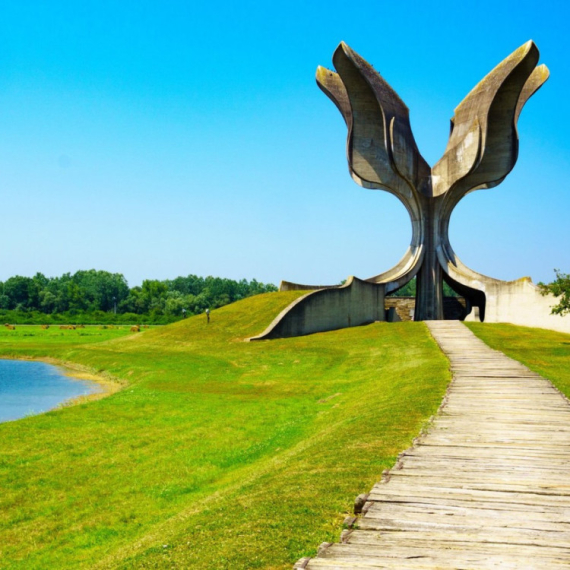
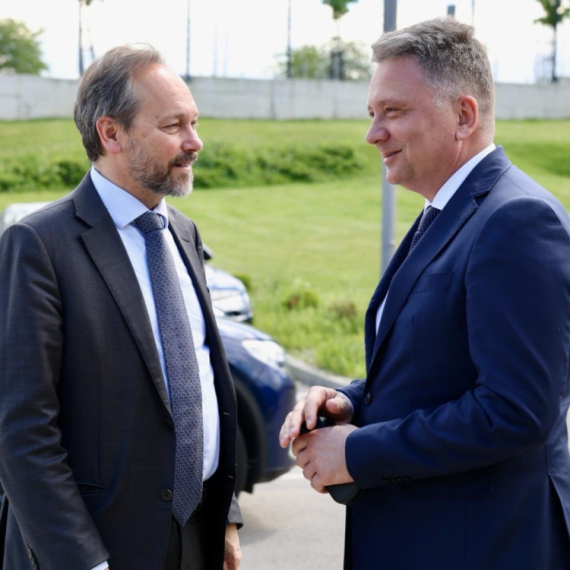


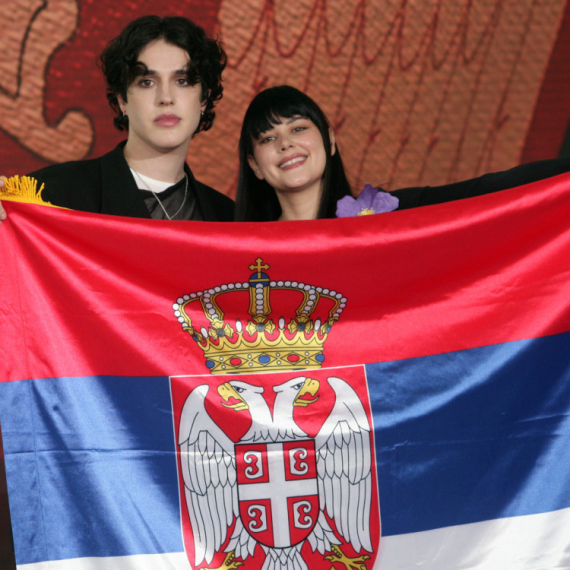
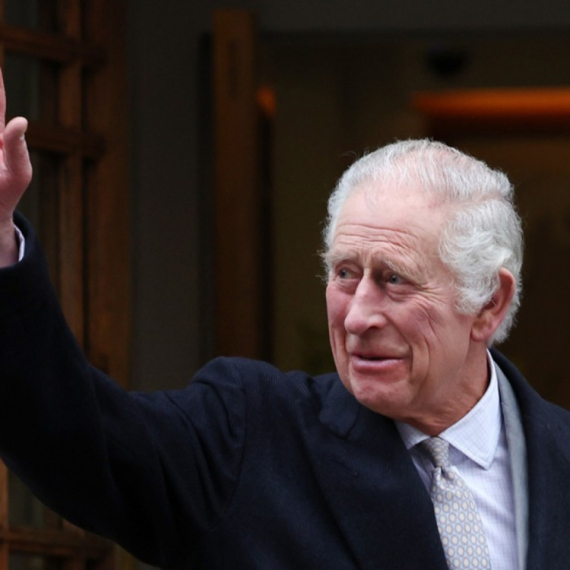
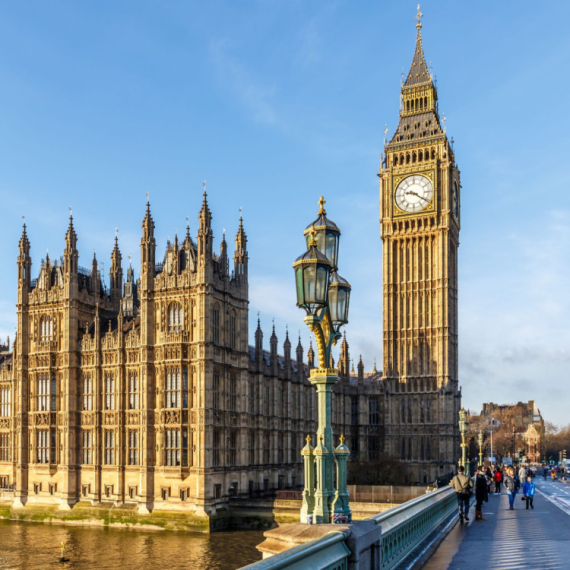











Komentari 48
Pogledaj komentare